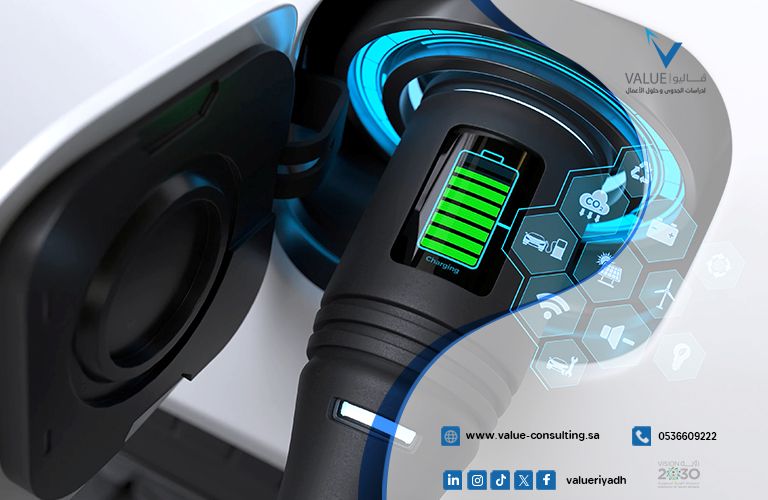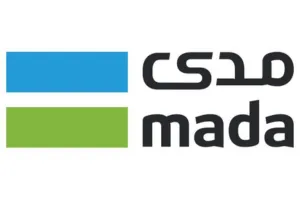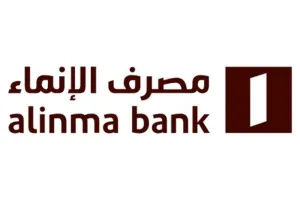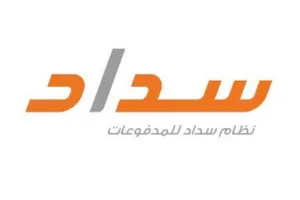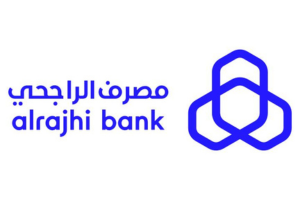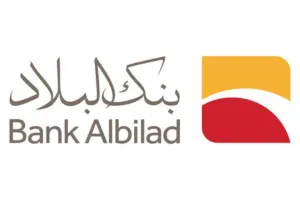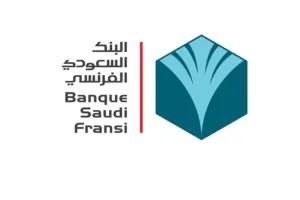Factory to produce batteries for electric cars
A feasibility study for an electric vehicle battery production plant in Saudi Arabia, in line with the Kingdom’s Vision 2030 and to support the shift towards sustainable mobility and clean energy. The plant will provide high-efficiency lithium-ion batteries to meet the growing demand for electric vehicles in the local and regional markets.
Study content
Rationale for choosing the project
Rising local and global demand: Growing adoption of electric vehicles is boosting the need for local batteries, especially with the Kingdom’s plans to expand the use of electric vehicles.
Supporting Vision 2030: The project contributes to the Kingdom’s goals of reducing carbon emissions and promoting sustainability.
Reduce dependence on imports: Producing batteries locally reduces logistical costs and provides industrial independence.
Creating job opportunities: The project creates direct jobs in manufacturing and engineering, and indirect jobs in supply chains and logistics.
Export potential: The Kingdom’s strategic location makes it possible to export batteries to Gulf countries and regional markets.
Government support and investment incentives: The Kingdom provides financing facilities and tax exemptions for renewable energy projects and advanced industries.
Advances in energy storage technologies: Investing in lithium-ion batteries and new technologies gives the factory a competitive advantage in the market.
Integration with infrastructure projects: The Kingdom’s expansion of electric vehicle charging stations increases the feasibility of investing in the battery sector.
Investment advantages
Growth of the electric vehicle market: Increasing local and global demand for batteries due to the shift towards clean energy.
Government support and investment incentives: Financing facilities and tax exemptions as part of Vision 2030 to promote sustainable industries.
Reduce dependence on imports: Local production ensures the availability of high-quality batteries at lower costs.
Export opportunities: Potential to enter the Gulf and Middle East markets to meet growing regional demand.
Job creation: Jobs in manufacturing, engineering, research and development, which promotes economic development.
Technological development: Investing in the latest energy storage technologies gives the plant a strong competitive advantage.
Integration with infrastructure projects: Expansion of electric charging stations enhances the viability of the project.
Demand analysis
Rising local and global demand: Growing adoption of electric vehicles is driving the need for localized batteries, especially with the Kingdom’s plans to expand this sector.
Growing charging infrastructure: The expansion of electric charging stations in Saudi Arabia is boosting the uptake of electric vehicles, increasing the demand for batteries.
Moving towards clean energy: Government initiatives and global environmental regulations are encouraging the shift to electric vehicles, which is driving the demand for batteries.
Expansion of the electric transportation sector: Global and local automotive companies are moving towards producing more electric vehicles, increasing the need for advanced batteries.
Regional and export demand: Saudi Arabia’s strategic location offers opportunities to export batteries to the GCC and regional markets, where interest in switching to electric vehicles is growing.
Incentivizing government policies: Providing investment incentives and tax breaks for renewable energy projects enhances the chances of factory success and increases demand for the product.
Technological advancements in the battery industry: Continuous improvements in battery efficiency, such as lithium-ion and solid-state batteries, increase the project’s sustainability and market appeal.
Financial indicators
Expected investment cost: Estimated based on the size of the plant and the technology used, ranging from SAR 30 million to SAR 60 million.
Return on Investment (ROI): Expected to range from 12% to 18% annually, driven by growth in local and regional demand.
Payback period: 5 to 7 years, depending on production volume and sales rates.
Expected annual revenue: SAR 200 million to SAR 500 million,depending on production capacity and target market size.
Net profit margin: Expected to be between 20% to 30%, thanks to saving on import costs and taking advantage of government incentives.
Production capacity: 10,000 to 50,000 batteries per year, with the possibility of expansion depending on market growth.
Features of the project
A contribution to the clean energy transition: Supports the global and local drive to reduce carbon emissions by providing batteries for environmentally friendly electric vehicles.
Industrial independence: Reduces dependence on battery imports and enhances the competitiveness of the local industry.
Government incentives: Benefit from government support, financial benefits, and tax exemptions under Vision 2030.
Export opportunities: Ability to export batteries to the Gulf and Middle East markets, thereby expanding revenues.
Supporting sustainable growth: Contributes to the development of electric sector infrastructure and the expansion of charging stations, which increases demand for electric vehicles and batteries.
Create jobs: Provides direct and indirect job opportunities in manufacturing, engineering, technology, and distribution, contributing to local economic growth.
Energy technology development: Investing in new technologies such as lithium-ion and solid-state batteries provides a competitive advantage in the market.
Reduce logistics costs: Local production reduces import and shipping costs, contributing to lower prices and increasing the competitiveness of local products.


